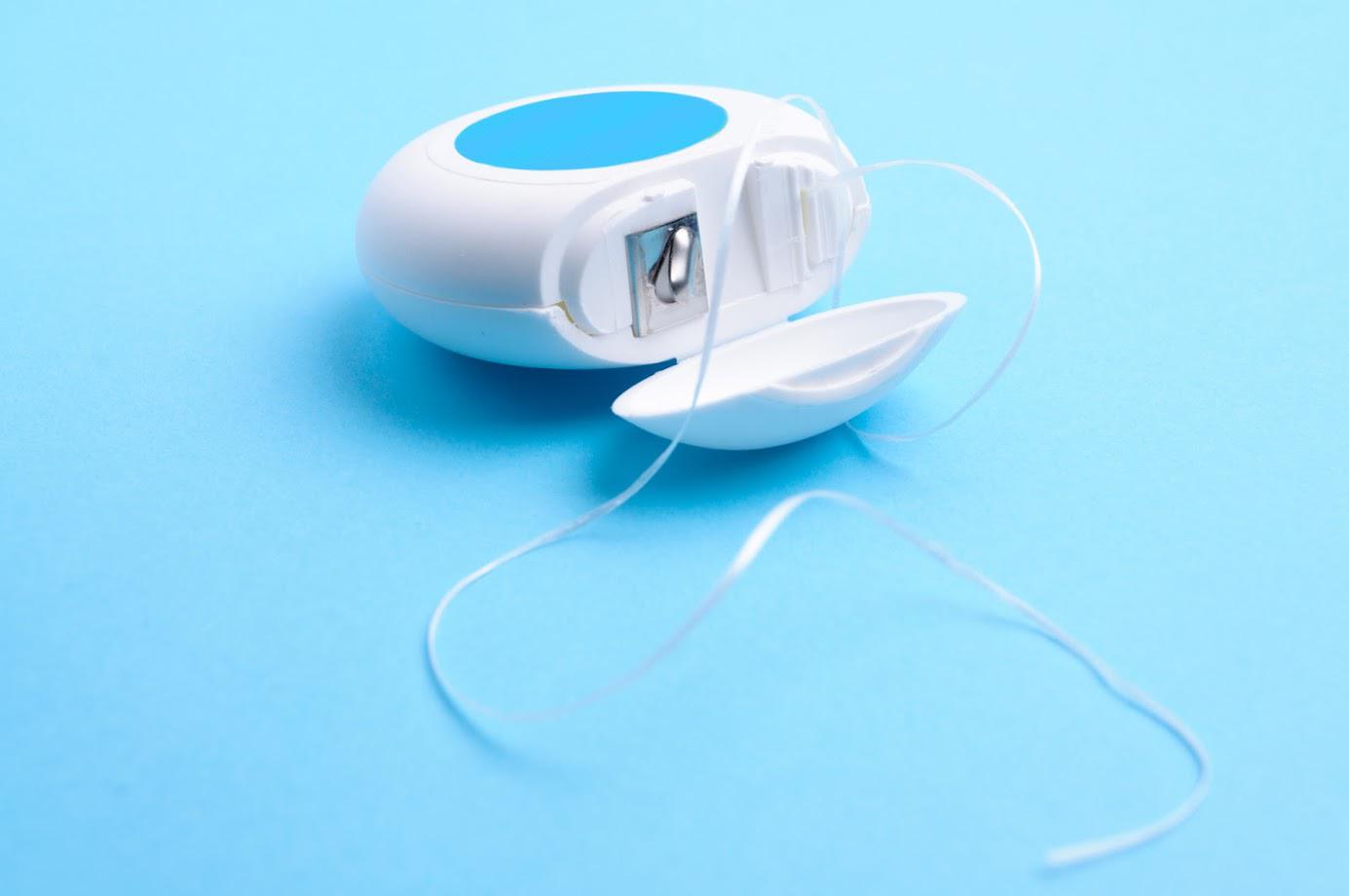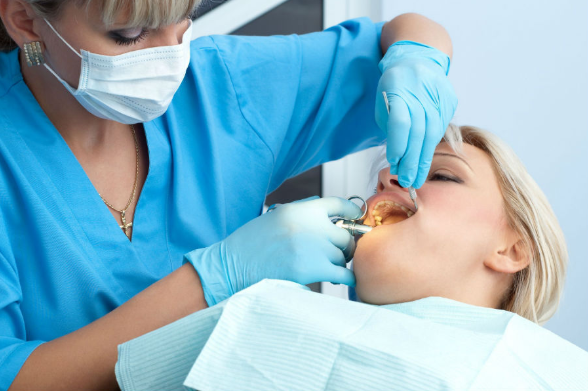Complications Surrounding Adult Impacted Wisdom Teeth And Surgery
- By Admin
- •
- 11 Jun, 2019

Some people go their whole lives without wisdom tooth extraction. Others need this procedure late in their adult life and experience complications that may make surgery recovery more difficult. Thankfully, treatment is available for the problems below.
Potential for Dry Socket
When blood pools in the extraction site for your tooth, dentists encourage this blood to sit and dry. This clot will protect the area from infections or excessive pain. However, according to the LiveScience website, some clots may break apart after surgery or never form and cause a condition known as dry socket.
This problem will cause pain, bad breath, and other issues that may become worse without treatment. Avoid this problem by staying away from food for a few days after your surgery and brushing the area very softly, if at all. Pain medications like aspirin can help manage this situation when it occurs.
Damage to Nearby Teeth
During the extraction process, other parts of your mouth and jaw can be injured. For example, sudden movements by the patient could cause the dentist to scrape against another tooth with their tools, damage your jawbone, or even impact your sinuses.
So if you're getting a wisdom tooth removed, you need to approve the use of sedatives and talk to your dentist to minimize this risk. If you tend to jerk in your sleep or have a nerve problem that may cause spasms, you should talk to your dentist about this possibility to see what care adjustments they can provide.
Potential Infections
When a dentist removes an impacted wisdom tooth, the risk of infection in the extraction site is often quite high. Thankfully, you can avoid this issue with proper dental care methods, including brushing and flossing the area and with the use of high-quality mouthwash.
If an infection does occur, you need to go to a doctor right away to receive an antibiotic. Infections in an impacted dental area may spread to the bloodstream and throughout the rest of the body, where they can cause severe issues that may be dangerous if left untreated.
Swollen Lymph Nodes
In some instances, your lymph nodes may swell up while your wisdom tooth is impacted or after your surgery, according to LiveScience. This symptom is often visible when it occurs or may cause your neck to be very sensitive near the swollen nodes. This situation isn't dangerous but may be painful and persistent.
In some situations, the inflamed tissue may get infected and spread dangerous bacteria to other parts of the body as well. Visits to a doctor provide the only real care option for this condition, as your dentist or different types of medical specialists can provide you with care to minimize your swollen lymph nodes.
Some Types of Gum Disease
Even if you successfully avoid all of the other conditions on this list for weeks at a time, you may still develop a condition known as pericoronitis. This situation typically occurs near partially-exposed or impacted wisdom teeth and will create very painful feelings in the gums.
Unfortunately, this condition may also develop after surgery and cause your gums to swell up or inflame. Some types of anti-inflammatory substances can help here. However, you can also prevent this condition if you carefully and slowly clean the removal site without scrubbing.
Skilled Professionals Prevent Problems
If you have to get a wisdom tooth removed soon and are worried about any of these issues, please make sure to contact us at Donald E. Snyder Orthodontics right away to learn more. Our experts can give you more in-depth advice on how to avoid these problems and steps you can take to make your extraction easier.









